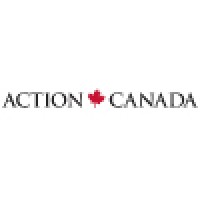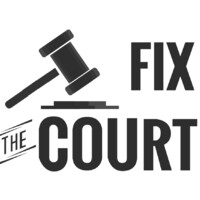
Action Canada
Action Canada is a national fellowship program for promising young Canadians. The program enhances Fellows' leadership skills, broadens their understanding of Canada and its policy choices, and builds an exceptional network of leaders for our future. If you are an emerging leader or know someone who qualifies, find out more at www.actioncanada.ca. __________ Action Canada est un programme national conçu pour les jeunes Canadiens et Canadiennes prometteurs. Le programme vise à renforcer les compétences de leadership des Fellows, enrichir leur compréhension du Canada et de ses choix en matière de politiques publiques et bâtir un réseau hors du commun de leaders pour notre avenir. Si vous êtes un ou une leader émergent(e) ou si vous connaissez quelqu’un qui correspond à ce profil et si vous voulez en savoir plus, vous trouverez plus de renseignements sur www.actioncanada.ca.






